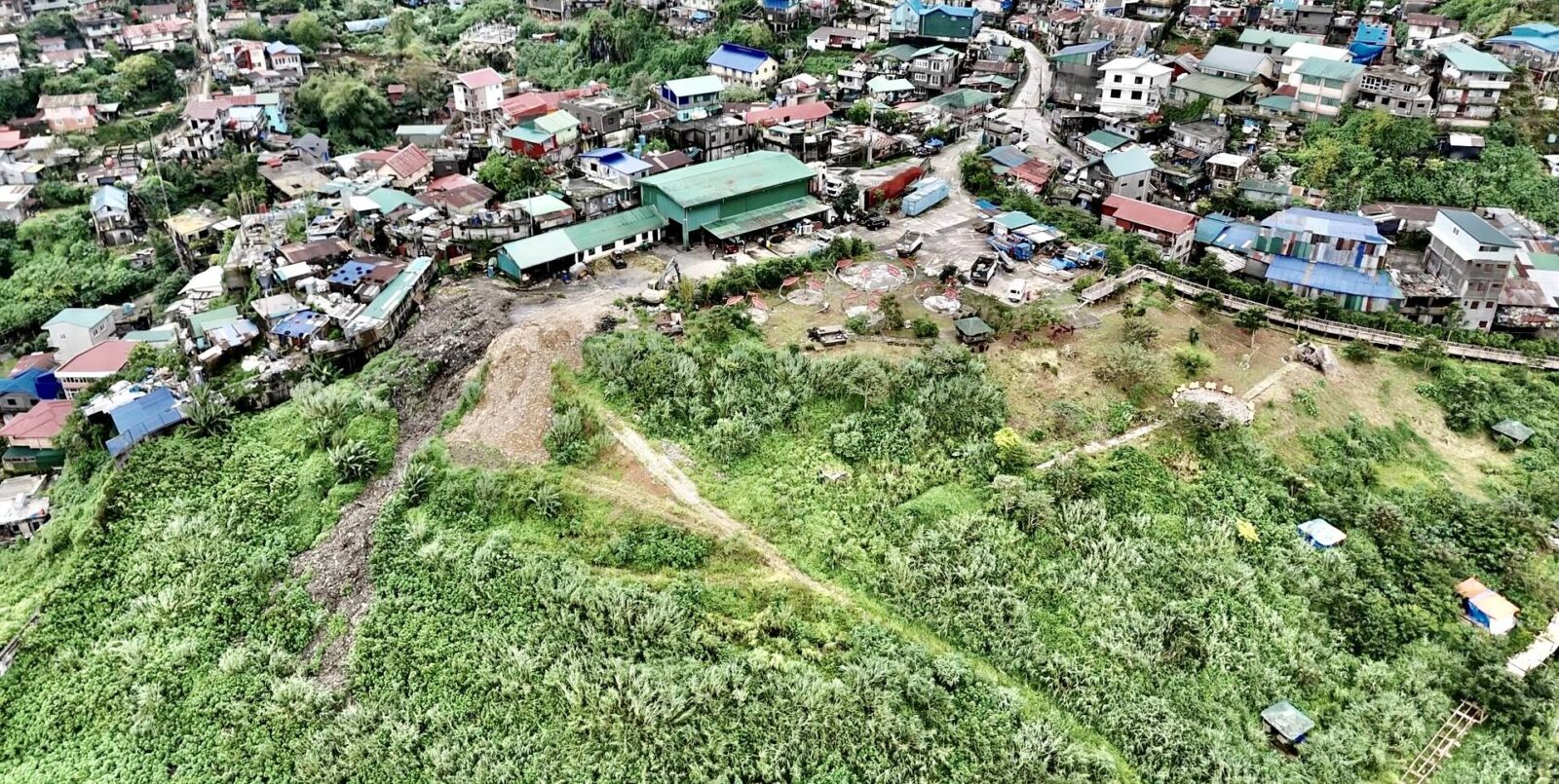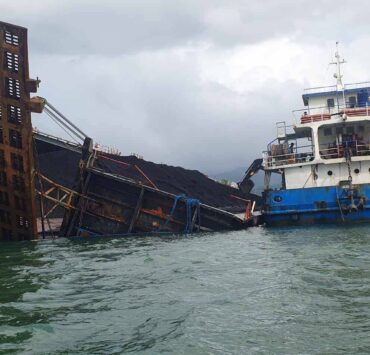Compost project at former Baguio dump can affect Kalikasan grant, warns EMB exec

BAGUIO CITY—The city government’s experimental program to decompose kitchen waste using black soldier fly larvae at its former dump could affect the ongoing effort of the Department of Environment and Natural Resources (DENR) to ask the Supreme Court to lift the writ of kalikasan on what is now an ecological park, an environment official said.
The 2012 writ of kalikasan, which had compelled this city to turn its 50-meter high mountain of trash into an ecological park, also prevented all manner of waste management activities at the former dump in Barangay Irisan, stressed Mark Anthony Solano, the Environmental Management Bureau (EMB) supervising officer for solid waste in the Cordillera, during the Baguio City Council’s session last Monday.
The dump, which is surrounded by a community, was forcibly closed by Irisan residents in 2008 amid fears of its imminent collapse, forcing Baguio to begin shipping its daily trash to sanitary landfills in other provinces.
It was formally decommissioned following a fatal trash slide during a strong storm on Aug. 27, 2011 that killed five people, although the city government could not remove the garbage mountain that would be equivalent to transporting 10,855.51 truckloads of rubbish.
In 2012, the Supreme Court granted the writ of kalikasan sought by residents of Baguio, the neighboring Benguet town of Tuba and Aringay town in La Union in order to keep the dump closed.
By turning the dump into the Irisan Ecological Park in the course of 12 years, Baguio City, which is the subject of the writ, fulfilled the obligations of the writ and a “consent decree,” or a set of actions enforced by the Court of Appeals as part of a “continuing mandamus” over the facility’s use, Solano told the council.
But the black fly project at the park, which was part of Baguio’s push for biotechnology to deal with its daily 500-ton trash, could affect DENR’s initiative to lift the writ, Solano warned.
No trash activities
The writ’s “continuing mandamus” bars the former dump from being used as a staging area for “any garbage related activity,” Solano explained.
He told the Inquirer that the black fly project would be part of DENR’s 2024 progress report to the High Court.
DENR, which is now assisting the Baguio City Legal Office in drafting the petition to lift the writ, had been directed to submit annual reports detailing the progress Baguio has made in rehabilitating the dump.
City Administrator Bonifacio dela Peña, a geodetic engineer, recently informed the council about a plan to install a sewage treatment facility beneath the former trash mountain that contains an estimated 480,000 to 50,000 cubic meters of waste. Each 3.3 cubic meters of waste is equivalent to a ton of trash.
While the EMB found no problems with the black soldier fly project, Solano urged the Baguio government to explain why it did not violate the writ by undertaking the program.
He also asked for a detailed rundown of the black fly program, “including where the kitchen waste comes from,” to help rationalize the park’s role in shaping Baguio’s waste-to-resources policy. This refers to programs that would recycle, repurpose and reuse trash.
During tourist season, Baguio’s daily waste grows to 550 tons, and 35 percent of the rubbish is biodegradable.
Zero waste
Mayor Benjamin Magalong recently embraced biological composting methodologies like black fly larvae and vermiculture to reduce Baguio’s trash, and replace waste-to-energy technologies, which he had actively pursued for the last five years.
At a forum assembled by the European-Philippine Partnership on Green Economy at the City Hall on Thursday, Magalong said he decided to abandon waste-to-energy after listening to zero waste experts.
“We have been spending P150 million annually to bring half of our trash to landfills, but the expenses rose to P208 million when we [shipped] trash to Capas, Tarlac,” he said.
The landfill located within the New Clark City in Capas is now the subject of a closure order by the Bases Conversion.
Baguio has been sending its trash to a landfill in Pangasinan’s Urdaneta City for almost a month now, the mayor reported.
Magalong said the Irisan Park serves as showcase for biotechnology to convince barangays to put up their own composting areas. Food waste has been fed to larvae in containment areas inside a building there where Baguio used to process organic waste into fertilizer powder.

















